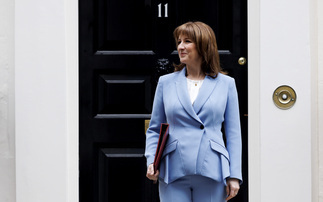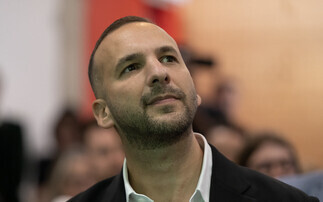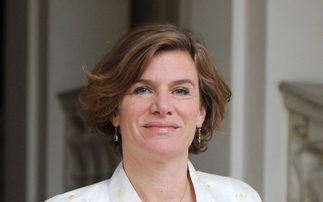Jane Burston finds reports of the UK's declining voice have been exaggerated
Commentary on negotiations, from the Doha round of world trade talks to the future of the eurozone, often suggests that the UK no longer has much negotiating power. Facts would seem to back that up...
To continue reading this article...
Join BusinessGreen
In just a few clicks you can start your free BusinessGreen Lite membership for 12 months, providing you access to:
- Three complimentary articles per month covering the latest real-time news, analysis, and opinion from Europe’s leading source of information on the Green economy and business
- Receive important and breaking news stories via our daily news alert
- Our weekly newsletter with the best of the week’s green business news and analysis







